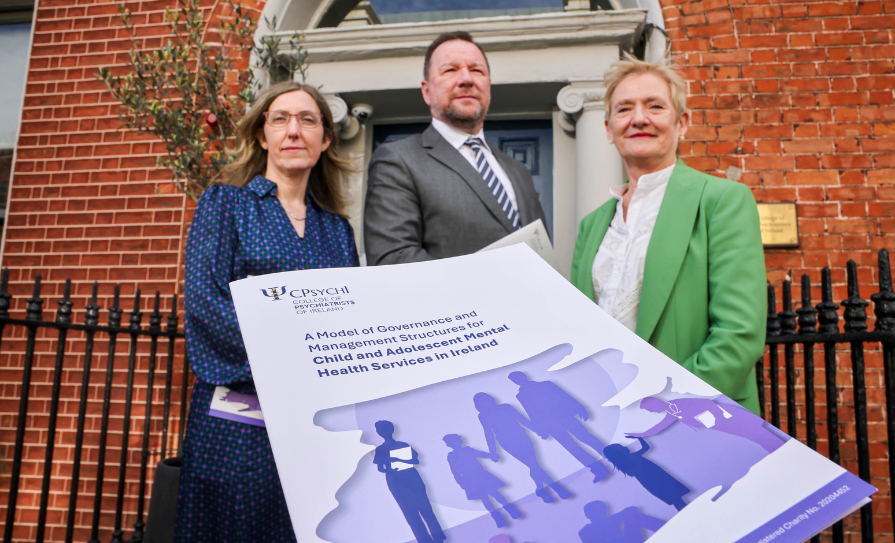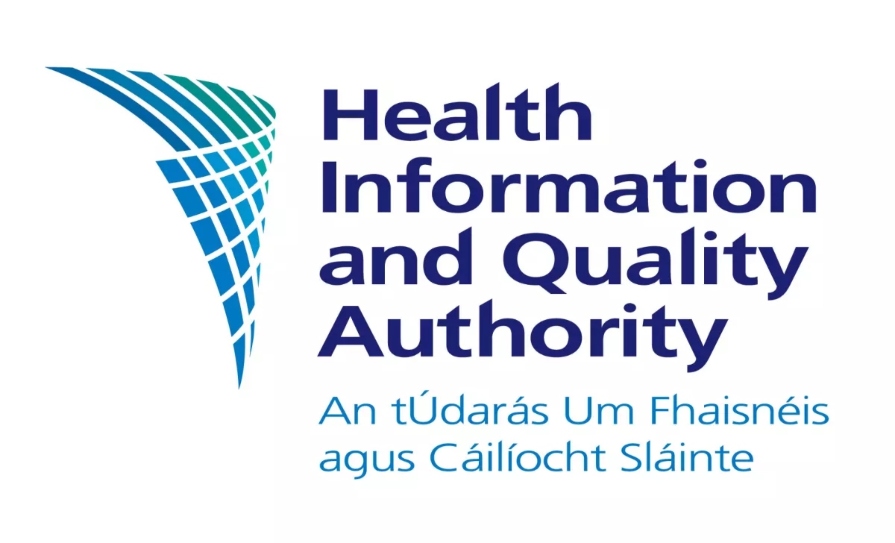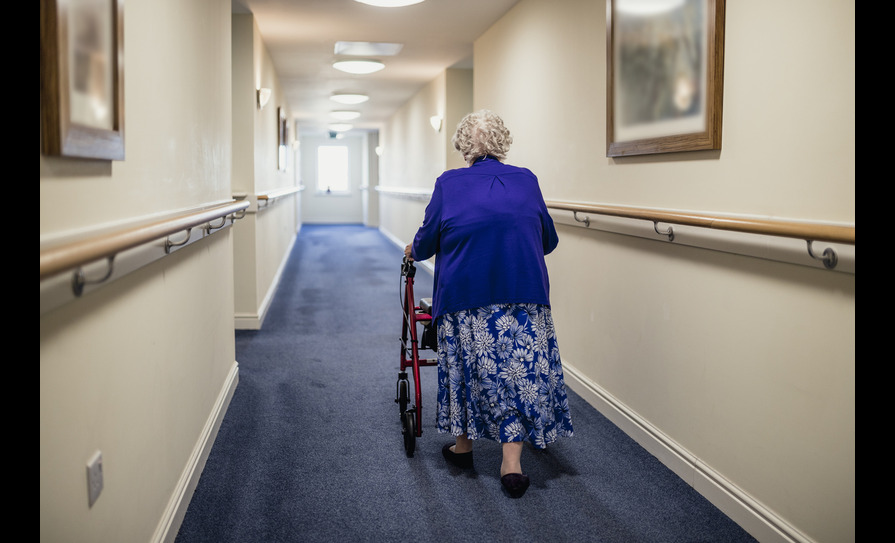The College of Psychiatrists of Ireland has called for a major overhaul of the management and governance of HSE Child and Adolescent Mental Health Services (CAMHS) across the country.
CAMHS provide mental health treatment services for children and young adults with moderate to severe mental illness. The service has been involved in significant controversy in recent years, including serious allegations of children being harmed in the care of certain CAMHS services and widespread concerns that lengthy waiting lists are leading to unacceptable delays in the provision of vital care for young patients.
In response, the College formed a special working group to study reforms in the services which has led to the publication of a comprehensive policy document today.
Dr Patricia Byrne, Chair, Faculty of Child and Adolescent Psychiatry, said that reform of CAMHS was now critically urgent.
“CAMHS in Ireland has been beset by chronic underfunding and under-resourcing. There have been failures to provide fit-for-purpose governance systems to facilitate CAMHS development in line with the Government’s mental health policies (A Vision for Change and Sharing the Vision).”
“The Mental Health Commission reports identified national deficits in team staffing, lack of minimal required resources to facilitate service delivery, failure to implement national policy objectives for comprehensive CAMHS provision, and failures at a national HSE level to respond to risks escalated through the HSE systems,” she said.
“This has led to variable and, at times, a suboptimal service for children and adolescents who suffer from severe mental illness. Sadly, this has resulted in negative impacts in service experiences for young people and families who require our services, and for the frontline staff trying to deliver care. As such, a major reform of the service is of critical and unparalleled importance to the wellbeing of those patients and their loved ones.
“As a developed nation with a healthy budget surplus, it is unconscionable in 2025 that Ireland cannot adequately treat our very vulnerable young people who need help so badly. Mental health problems in childhood and adolescent are associated with detrimental impacts on developmental outcomes in young adulthood. Patients, their families, and the doctors and other healthcare staff who work within CAMHS deserve so much better.”
Key recommendations that the College is proposing include:
– Specialist (Consultant) child and adolescent psychiatrists must lead each CAMHS team.
– A new senior management role, the Clinical Service Manager (CSM), should be created at a team and regional level. The CSM would have a critical role in team co-ordination, service audit and performance review and in facilitating service development at a local and regional level.
– A nationwide network of CAMHS Clinical Directors is needed to fulfil clinical and managerial roles for teams, support regional development of services, and establish two-way links with national management teams.
– Both the Clinical Director and a Clinical Service Manager representative must have membership of the Regional Area Mental Health Management Team to represent CAMHS.
– All staff working in CAMHS should receive specialist CAMHS-specific training to ensure optimal standards of care.
– All members of the CAMHS multidisciplinary team must have clearly defined roles and be clinically accountable to the specialist consultant psychiatrist as the clinical lead.
Dr Lorcan Martin, President of the College and Consultant in General Adult Psychiatry, said: “The recommendations proposed outline radical new governance and management structures, and they will lay solid foundations for the development of a world-class mental health service of which we can all be proud.”
The College called on the Government to act urgently to implement the recommendations contained in the proposal.
The paper is available here: https://mcusercontent.com/ea59553be3355b7972cbfa3a1/files/4fe3a851-21b3-1961-8ea311328ad7dd8a/CPsychI_A_model_of_CAMHS_Governance_amp_Mgt_Structures_final_.pdf














